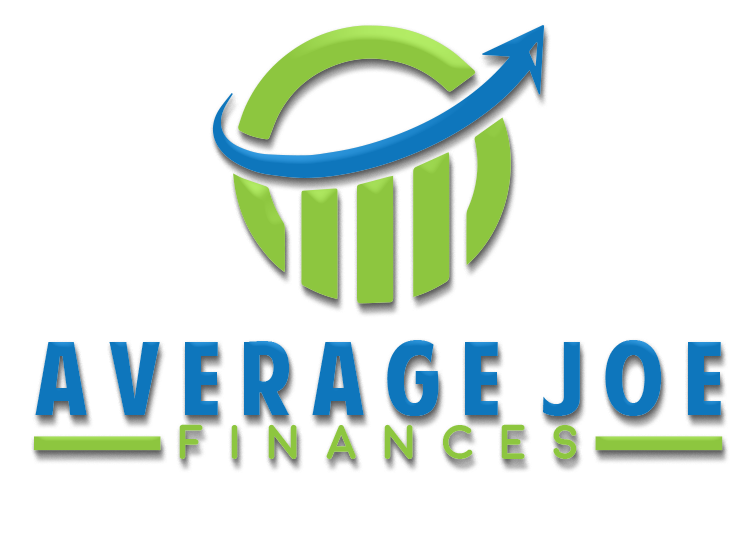Image: Pexels
Learning to manage your finances is an important part of recovering from substance abuse. If that sounds strange to you, consider that many people turn to drugs or alcohol as a way of relieving stress, and bad finances are a common cause of stress. Think of rebuilding your financial and professional life as part of a holistic plan to regain wholeness.
Coming to Terms With Money
Often, people in recovery have a history of overspending in order to feed their habits. Now that you’re in recovery, watch out for spending sprees. If you’re looking for a replacement “high,” you might get it from lots of shopping. This isn’t only true for former substance abusers. People with all kinds of problems seek comfort in “retail therapy.” Buying a new TV may not seem harmful, but it can still do a number on your budget, especially if you come to rely on spending to improve your mood. Look into support groups for overspenders, such as Debtors Anonymous.
Beginning With a Budget
Whether you’re employed or are relying on government assistance, learning to manage your resources is the first step to financial recovery. Begin by creating a budget to see if you have enough to cover your expenses. Look online to find basic budget instructions, as well as worksheets and other tools. If you have bad credit because of past overspending, improve your credit rating by paying off your debts — and make sure you get those payments in on time. Forbes Advisor has some straightforward tips on rebuilding your credit. You can also visit Average Joe Finances to learn how to stretch your dollar and gain financial freedom!
Finding a Job
Finding employment is an important part of your return to full health. While some people in recovery are able to return to their former careers, others must start near the bottom because of employment gaps and other blemishes. You may find that a low-level job is the best way to re-enter the workforce because it isn’t as stressful as positions that carry more responsibility.
As a recovering substance abuser, you’re protected under the Americans with Disabilities Act. Strictly speaking, you don’t have to tell a prospective employer about your issues or your time in rehab. You can explain the gaps in your resume by saying that you had a long-term illness or personal problems. If you can, look for a supportive workplace.
Most states have agencies that help people in recovery find jobs. There are also some private organizations that offer aid. Most of these places will give you more than job leads; they’ll also help you draw up a resume and practice interview skills. There are free resume templates online that make it easy to produce a polished, professional-looking resume for your job search that will bolster your confidence when you go in for your interview. Once you’ve chosen a template, you can personalize your resume with your own copy, images, and colors.
Fine-Tuning Your Financial Skills
By taking the steps above, your finances can recover from addiction no matter the damage. Handling your finances responsibly supports your overall return to a healthy life by building good habits and reducing stress. And when looking for a new job, make sure to craft a professional-looking resume.

